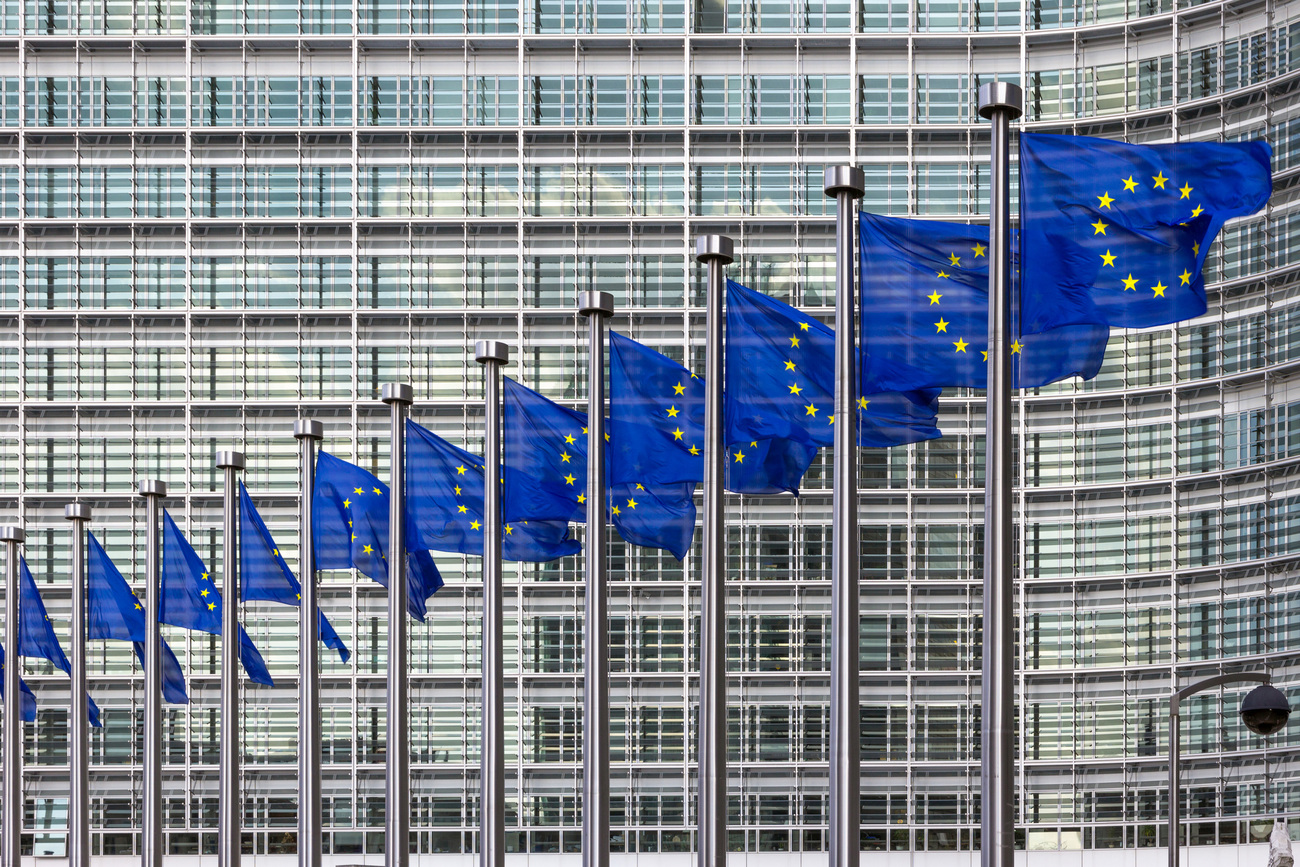the EU Biodiversity Strategy: an ambitious goal with unclear steps
the EU Biodiversity Strategy: an ambitious goal with unclear steps

The COVID-19 pandemic crisis provides a glaring demonstration of the dramatic societal and economic costs resulting from biodiversity loss.
“Biodiversity”. We have been hearing this word so often lately that it suddenly became part of our day-to-day dictionary. This word is relatively recent, only in the early 80's did we start hearing it. Myself, I only have vague memories from a primary school teacher mentioning it.
Yet, biodiversity has always been there: animals, plants, from all sources including aquatic and marine organisms and microbes have been in place ages before we humans were even able to understand the enormous key role played by each of those organisms.
More or less forty years later, with our lives twisted by a virus, we now globally acknowledge the urgent need to reverse the path of biodiversity loss and to preserve it.
A few weeks ago, IFAW welcomed the launch of the EU Biodiversity Strategy for 2030, which sets ambitious and much-needed objectives and actions to restore the environment. It is good to see the European Commission (EC) acknowledging that without proper enforcement and implementation of crucial EU environmental acquis (Habitats Directive, the Water Framework Directive, the Marine Strategy Framework Directive, and the Invasive Alien Species Regulation), the ecological consequences will be disastrous. To achieve improved implementation and enforcement, the EC calls for more robust political support, increased financial and human resources with the hope that the EU Member States will share this same consciousness in particular as a response to the COVID-19 crisis.
Several points raised in the Strategy caught my eyes, looking ambitious and promising.
First, the EC sets five primary drivers of biodiversity loss: land and sea use changes, overexploitation of resources and organisms, climate change, pollution and invasive alien species. For each one, specific action, implementation, development, and funds need to be allocated, which will be quite challenging, particularly in some Member States that still have not fully acknowledged the crucial role that ecosystem restoration and preservation play in our lives and economies.
The strategy was presented in the middle of this pandemic, acquiring a central role in the EU’s recovery plan, trying to reconcile biodiversity needs, restore nature, and reduce unsustainable use of wildlife. If we want to prevent other zoonotic spill over events from wildlife to people, not only do we need to reinforce the regulation on wildlife trade but also include robust measures against habitat destruction and degradation, and treatment of farmed/domestic animals, in particular intensive farming[1].
It is indeed promising to read the need to review the Environmental Crime Directive, and explicitly address wildlife trafficking – the fourth most lucrative black market in the world – including future plans for tighter rules on ivory trade and a revised Action Plan against Wildlife Trafficking.
I personally really liked the sentence “We need nature in our lives”. We do indeed, and we need to understand the value of enlarging protected areas network and actual economical returns. The actual predictions (see details on page 4 of the Strategy) say that for every Euro invested in marine protected areas, for example, there are at least 3 Euros in economic output. Protecting marine areas would also see a decrease in human-made noise from shipping, industrial activity, and military sonar, which creates a network of sound preventing marine animals from communicating, hunting, and finding mates. Strictly protected areas would decrease as well fishing practices that cause entanglement and bycatch for marine mammals. Both underwater noise and marine mammals’ bycatch are mentioned in the strategy and I hope they will be addressed in depth and tackled in the 2021 new action plan to protect marine ecosystems and conserve fisheries resources mentioned on page 13 of the Strategy.
The Biodiversity Strategy reference that “at least €20 billion euro/year should be unlocked to be spent on nature”, is a great commitment, in particular while the next Multiannual financial framework for 2021-2027 is currently under negotiations. However, this mechanism should exclude, among others, harmful subsidies (under fisheries and agricultural policies) and make sure that under Invest EU-a dedicated natural capital and circular economy initiative- in the range of €10 billion over the next ten years, nature and biodiversity will increase biodiversity-friendly taxation/subventions, procurement, etc.
Finally, I think it is worthwhile mentioning the international policy dimension. While it is quite virtuous to see commitments to mobilize all bilateral and multilateral efforts towards protecting biodiversity and implementing the Green Deal beyond Europe through the EU’s "Green Deal diplomacy" as well as the setting up of initiatives such as “NaturAfrica” – to support partner countries fight environmental crime – it is still unclear how these initiatives will be coordinated and steered from the EU.
This Strategy also sets the scene for the post-2030 global biodiversity framework to be agreed at the next CBD CoP15 now postponed to 2021 and the Commission affirms its determination to show leadership during the negotiations. I hope that the Commission will strongly advocate in front of other Parties to set 2030 as the target year to halt and reverse biodiversity loss -mindful of the limits to what can be achieved in a decade-and 2050 vision.
The Devil is in the details as they say, and many commitments in this Strategy are still to be further developed, including how the different component will be achieved and the role that stakeholders and Member States will have exactly in the years to come. This is necessary if we want to revert this crisis.
Eleonora Panella
Senior Campaigner, EU Office
[1] On the same day of the Biodiversity Strategy, the EC released the Farm to Fork Strategy, attempting to make food systems fair, healthy and environmentally friendly. Both are flagship policies of the European Green Deal.
Related content
Our work can’t get done without you. Please give what you can to help animals thrive.